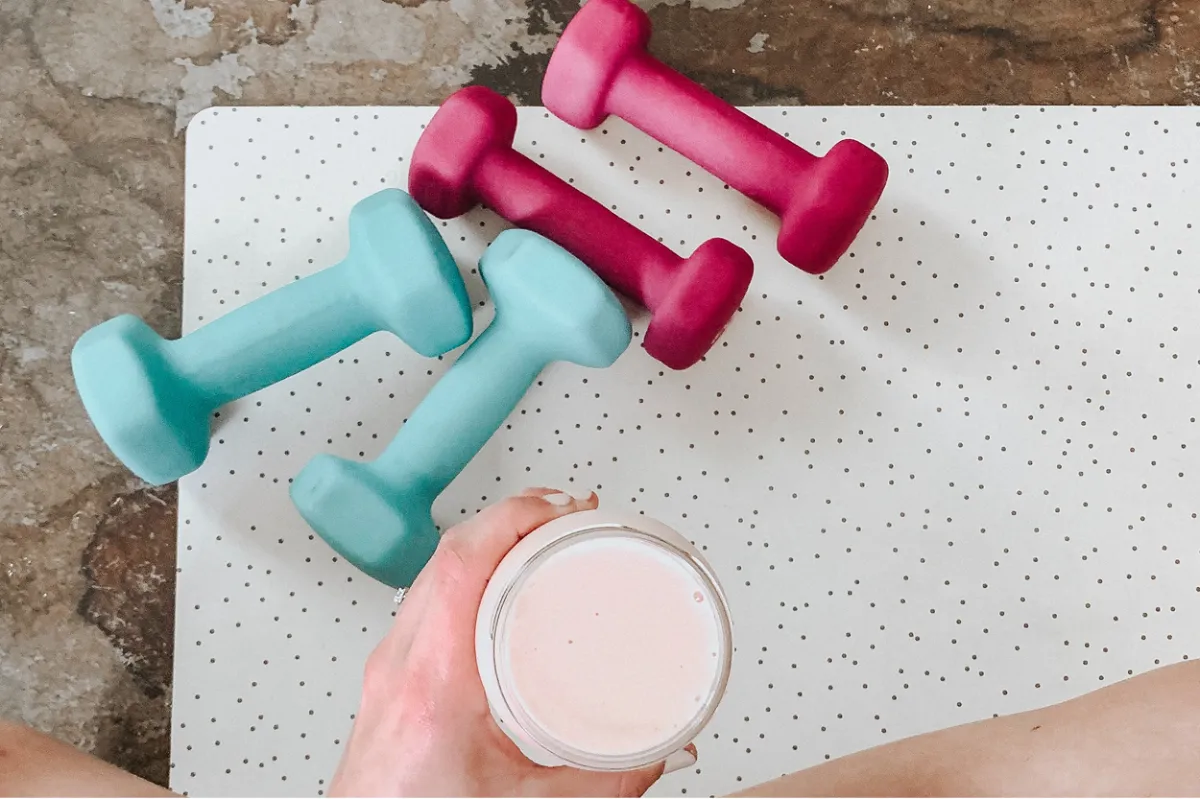
Protein
Unless you've been living under a rock or not been listening to me prattle on in classes, you will know that many advocate the benefits of a high protein diet.
I'm not suggesting you start nailing 16 egg white omelettes and pounding the protein shakes! We actually need less protein than you may think, but surprisingly the majority of people aren't eating enough on a daily basis.
So, what is protein?
It is a macronutrient, alongside fat and carbohydrates and an important component of every cell in the body. We use it to build and repair tissues. But unlike fat and carbohydrates, our bodies don't store surplus protein so we need a regular intake of it.
And what exactly are the benefits?
It boosts metabolism and fat burning
Because it has a much higher thermic effect, the body burns more calories by digesting it.
It is good for your bones
It helps to maintain bone density as we age, which is particularly important for women in preventing conditions such as osteoporosis after menopause (as oestrogen levels drop).
It reduces cravings
It fills us up more but also improves the function of dopamine, a major hormone involved in cravings and addiction.
It lowers blood pressure
As well as reducing bad cholesterol and triglycerides (fat!).
It reduces our appetite
Through reducing levels of the hunger hormone, ghrelin, and boosting levels of peptide YY, which make you feel full.
It increases muscle mass
By helping muscles repair after resistance-based training. It also reduces muscle loss in a calorie restricted diet, which is what we want to maintain our metabolism.
It helps the body repair itself from injury
Which makes sense as it’s the major building block of the body.
It helps us stay fit as we age!
Protein intake is one of the best ways to reduce age-related muscle deterioration.
But how much do I need?
Everybody is different and it is dependent on many factors. If you have an underlying condition that requires a specialist diet, please seek professional advice first. But typically women need between 1.2 to 2.0g of protein per kg of body weight. If you are more active or in a large calorie deficit (if you are looking to lose body fat), aim for the higher end of the scale. For example, if you weigh 68kg (roughly 10 and a half stone), you'd need between 80-136g of protein a day. An average chicken breast is 50-60g so it's not as much as we think! But surprisingly, many still don't hit it.
What should I be eating? There are many sources of protein, but this is a basic guide as a starting point!
My top tips! 20 in 20! Eat 20g protein within 20 minutes of waking up (i.e. in your breakfast). Get your day off to a great start and it prevents mid-morning blood sugar crashes.
Protein at each meal
Incorporate protein into each meal and plan your meal around it.
Protein snacks
A great way to up your protein intake and remain satiated throughout the day. A homemade protein ball, boiled eggs, cottage cheese on oat crackers, a small handful of nuts, a protein shake; all easy options!
Track it!
Monitor how much protein you are currently eating to see where you can make tweaks. I like MyFitnessPal and it separates the macro content of your food. It really helps me control portion sizes too!
Supplement
If you are still not getting enough through whole foods, try supplements like protein shakes or bars. I have a few favourites that have no nasties, so if you want any tips please just ask!
Remember ladies! Nutrition is equally, if not more important, than exercise. You can spend hours exercising but if you aren't eating a wholesome, well balanced diet you won't see or feel the benefit as you could. Hand in hand, they help your body perform and feel at its best.
For more information on my programmes where I can help you with all of this, please get in touch as I'd love to help take the complexity out of it for you! Have a great week ladies, and remember to get your protein in!
Love, Emma x



